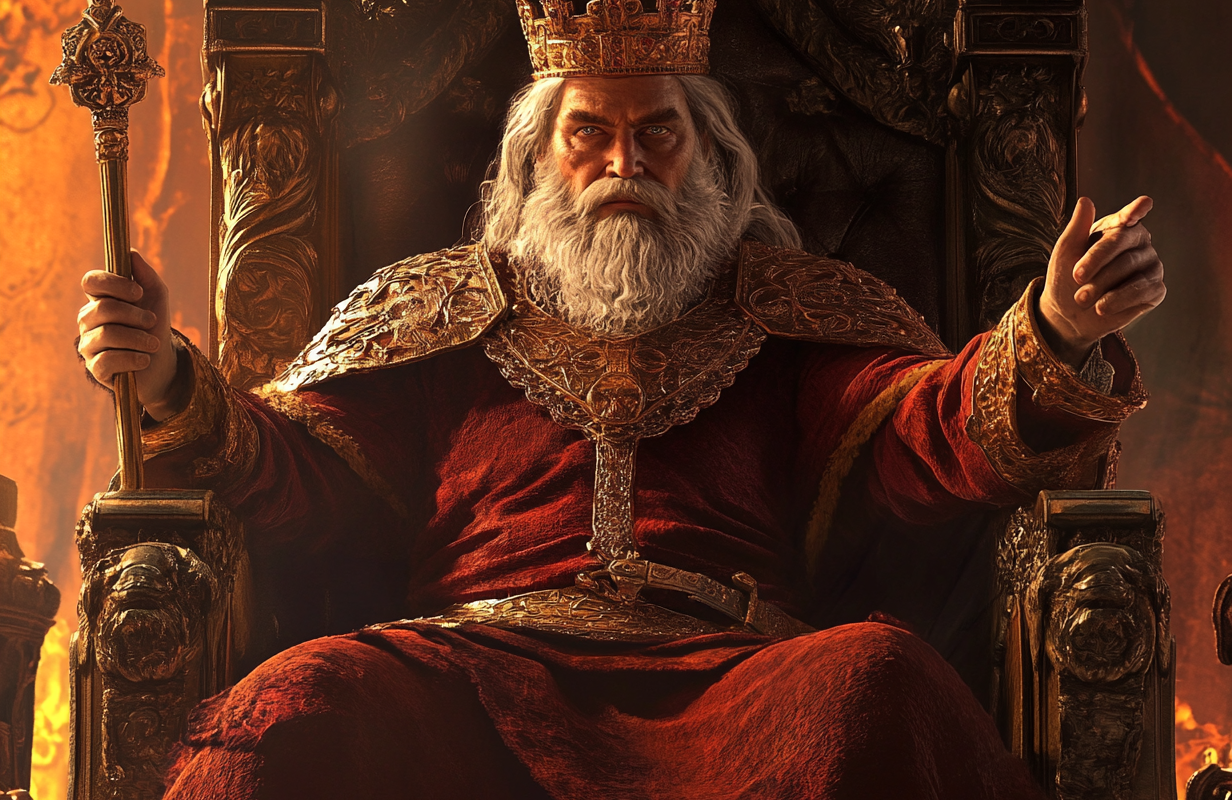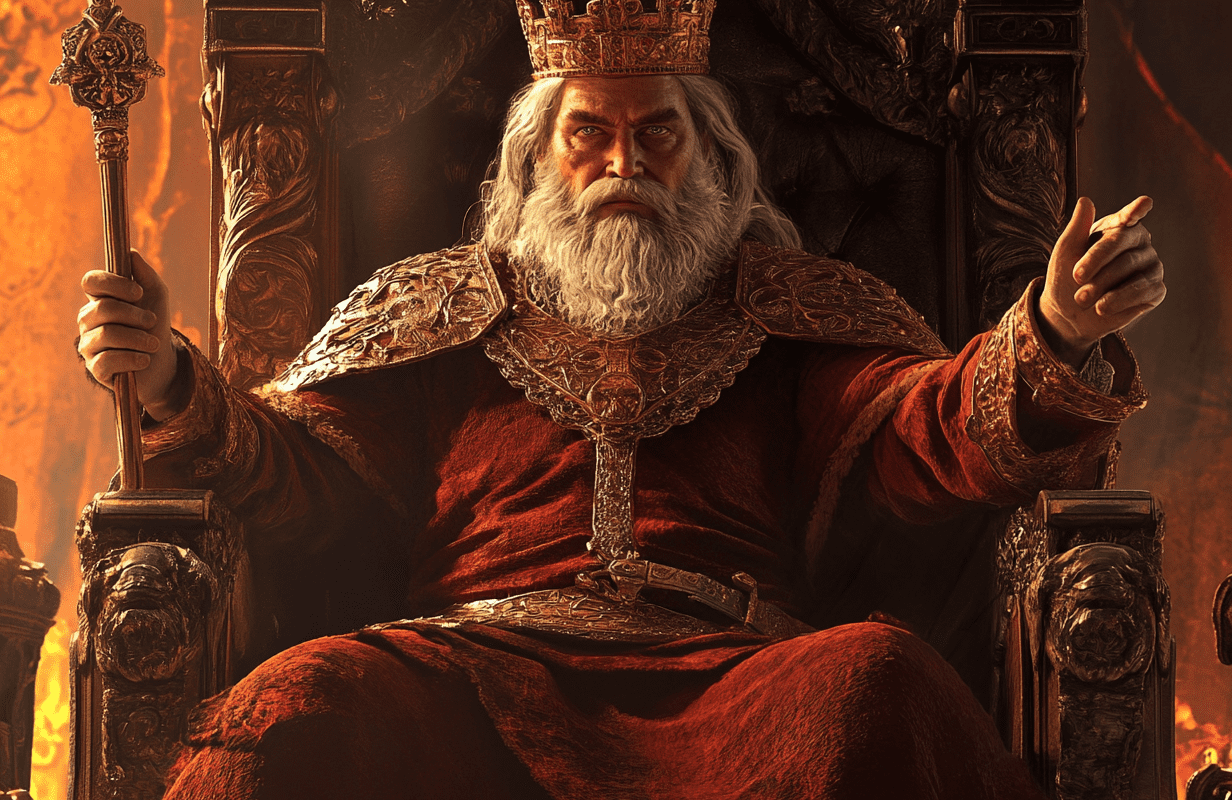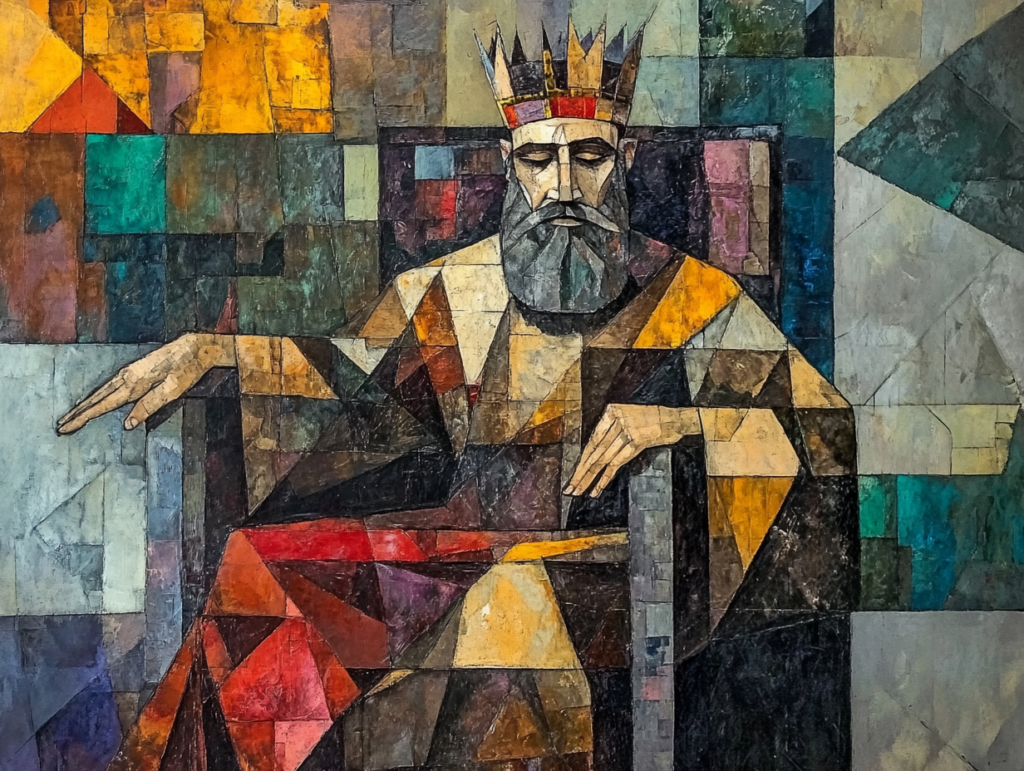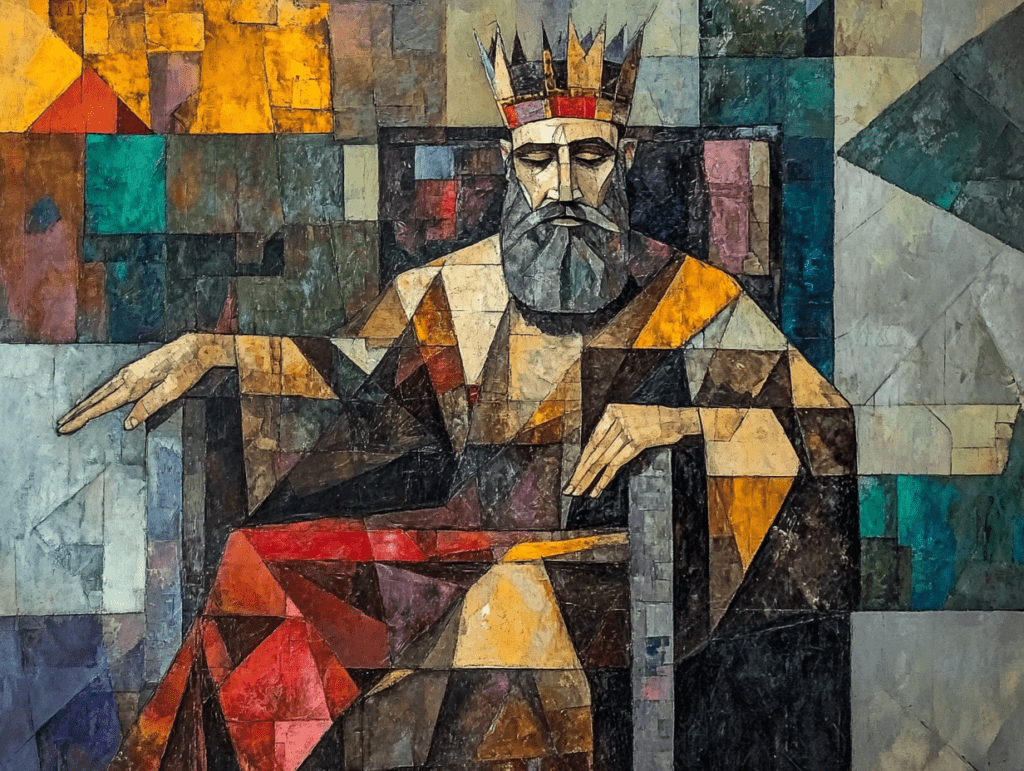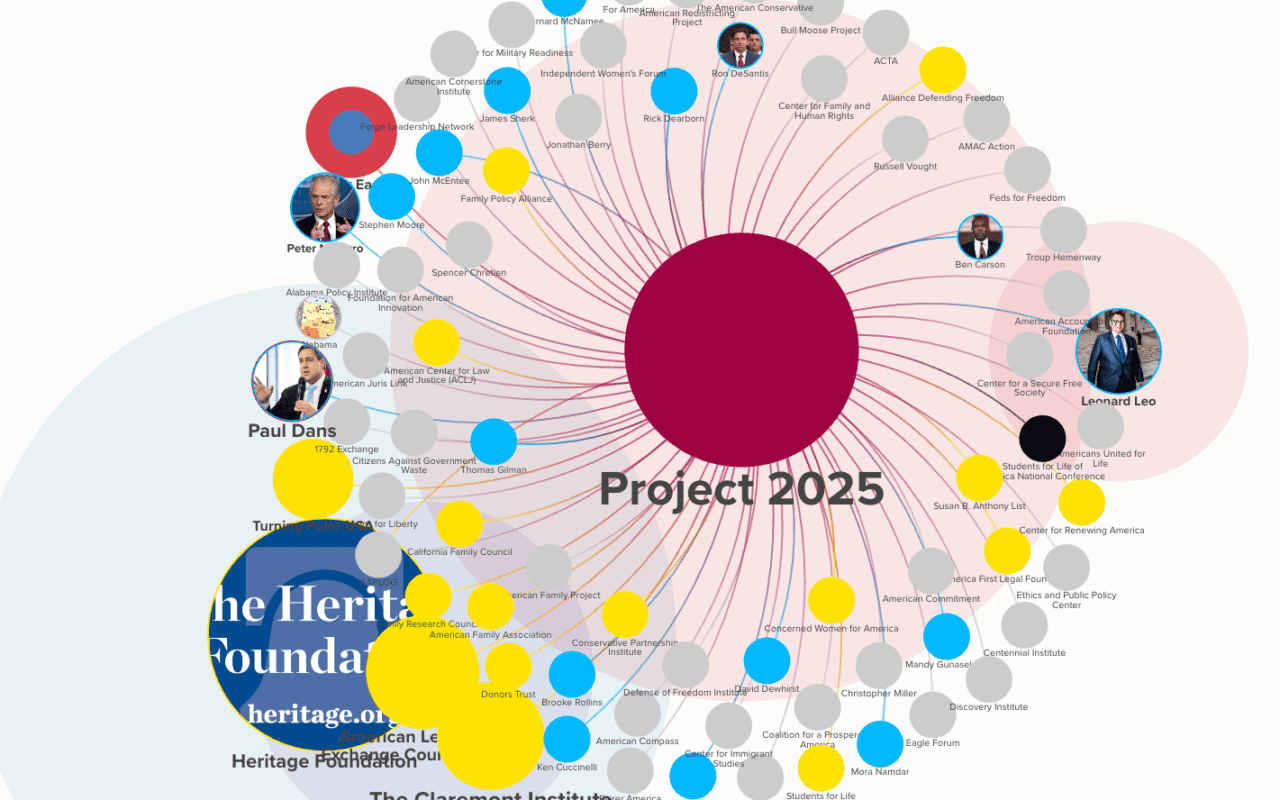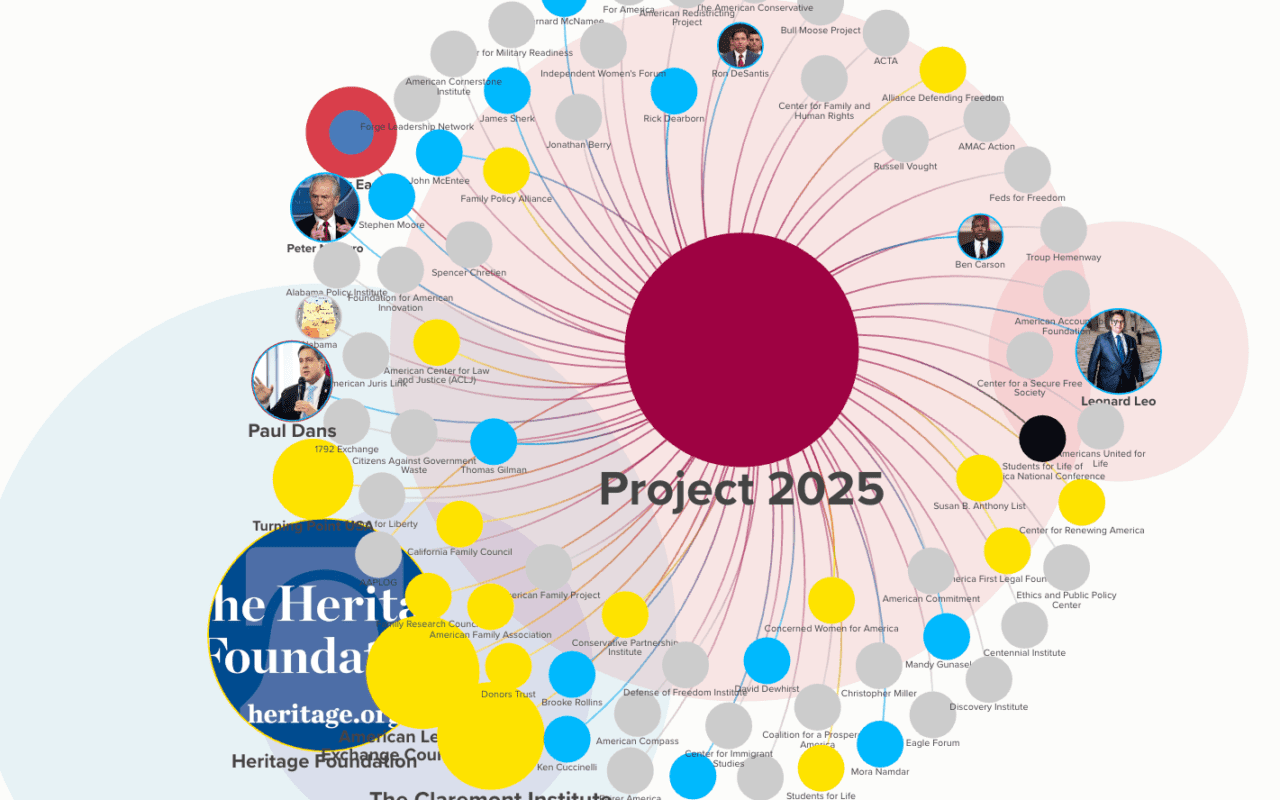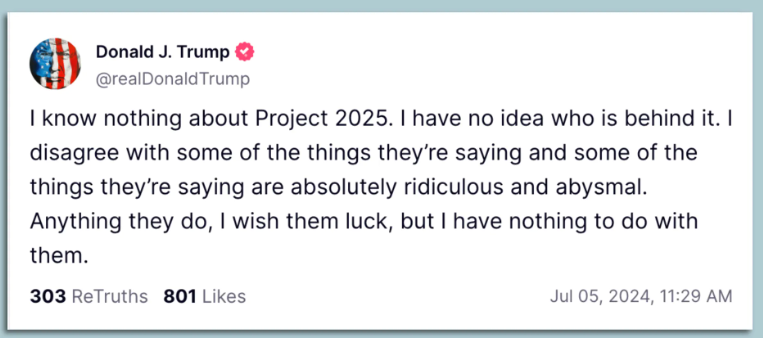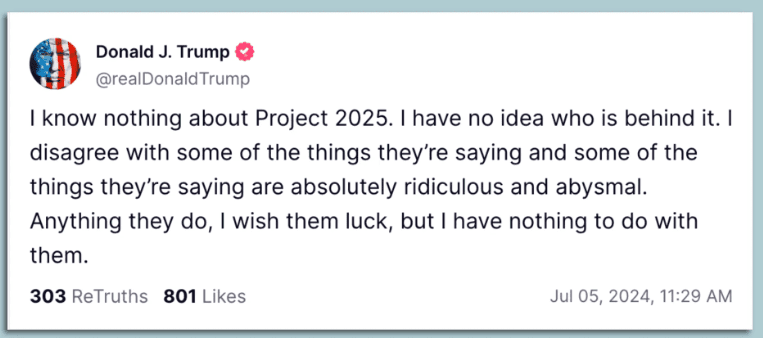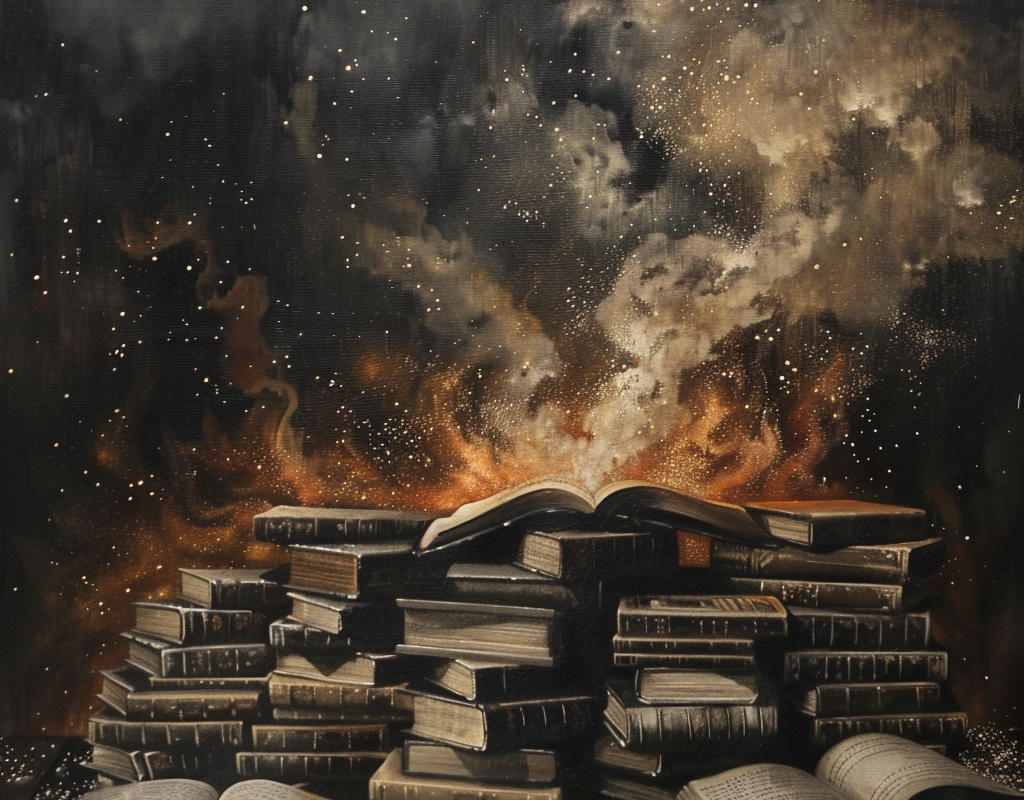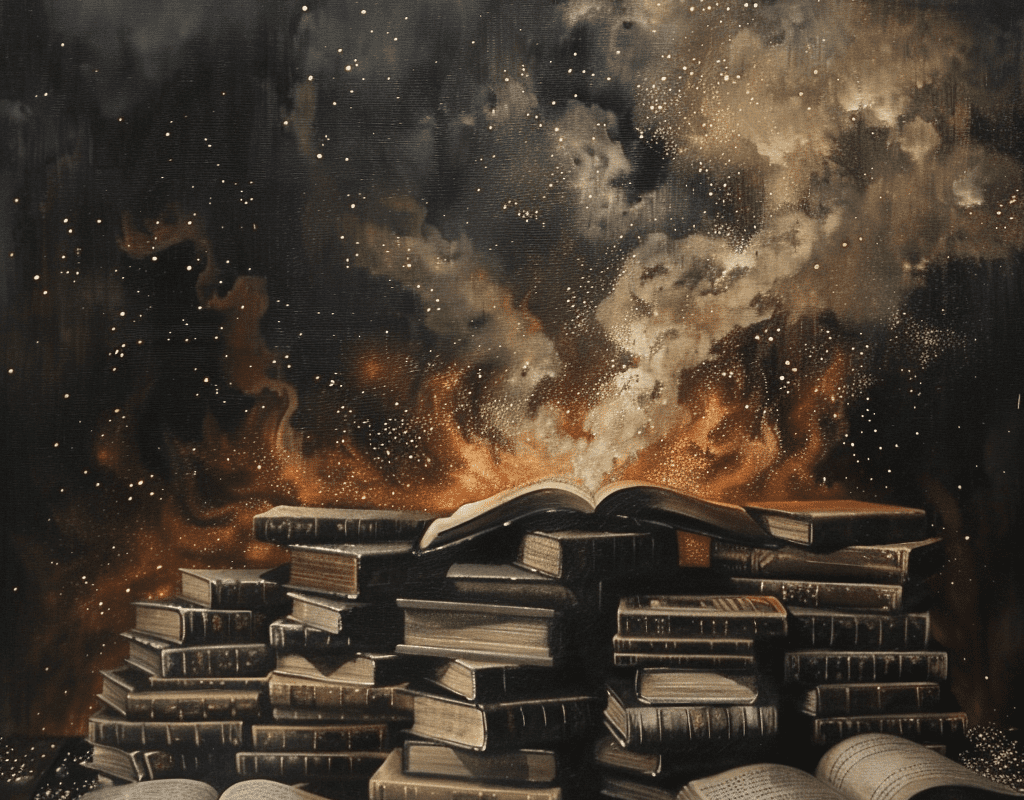In an era marked by unprecedented political, social, and technological upheavals, understanding the forces shaping our world has never been more urgent. From the dark currents of authoritarianism and Christian nationalism to the shadowy influence of dark money and disinformation, we’re facing a web of interconnected threats that challenge the very foundations of democracy. To navigate this complex landscape, we need to rely on those trusted experts who have dedicated their lives to researching and exposing these dangers—experts whose work sheds light on the hidden mechanisms at play in global power struggles.
This post is a curated guide to some of the top thought leaders in areas critical to understanding today’s political battlegrounds. These experts, from historians to journalists to security analysts, are at the forefront of their fields, providing the insights we need to decode the chaos and develop informed strategies for resistance. Whether you’re a seasoned activist, a curious reader, or someone just trying to make sense of the headlines, these voices are essential listening if we’re to combat the disinformation and division threatening democratic norms.
In times like these, it’s easy to feel overwhelmed by the sheer scale of the challenges we face. But by turning to trusted experts, we can arm ourselves with knowledge—one of the most powerful tools we have in the fight for a more just and equitable future.
Authoritarianism
The rise of authoritarianism isn’t a distant threat relegated to history books—it’s a real, present danger, creeping into the cracks of democracy worldwide. Understanding its mechanisms, from centralized power grabs to the erosion of civil liberties, is crucial to resisting its spread. Below are some of the most insightful thinkers and researchers who are sounding the alarm, dissecting how authoritarian regimes function, and offering solutions to protect democratic institutions.
- Anne Applebaum — Anne Applebaum is a Pulitzer Prize-winning historian and journalist who specializes in authoritarianism, communism, and the resurgence of nationalism in Europe and the U.S. Her notable works include Gulag and Twilight of Democracy, exploring the rise of illiberal politics. (@anneapplebaum)
- Ruth Ben-Ghiat — Ruth Ben-Ghiat is a historian and expert on authoritarianism, propaganda, and fascism, with a focus on the past and present dynamics of strongman rulers. She is the author of Strongmen: Mussolini to the Present and frequently writes about modern autocratic regimes. (@ruthbenghiat)
- Natasha Bertrand — Natasha Bertrand is a journalist and national security correspondent, known for her work covering intelligence, foreign policy, and the investigation into Russian interference in U.S. elections. She has written for Politico, The Atlantic, and currently serves as a White House reporter for CNN. (@NatashaBertrand)
- Joseph Fronczak — Joseph Fronczak is a historian who studies the history of global insurgencies, empire, and the politics of solidarity. His work explores the impact of colonialism and anti-colonial movements on modern international relations and transnational activism.
- Masha Gessen — Masha Gessen is a Russian-American journalist and author who has written extensively on totalitarianism, Vladimir Putin‘s regime, and LGBTQ+ rights. Gessen’s book The Future Is History won the National Book Award for its profound exploration of Russia’s political culture. (@mashagessen)
- Jason Stanley — Jason Stanley is a professor of philosophy at Yale University and the author of How Fascism Works: The Politics of Us and Them. His research focuses on the intersections of propaganda, ideology, and authoritarianism, especially in contemporary contexts. (@jasonintrator)
- Elizabeth Mika — Elizabeth Mika is a clinical psychologist and expert on authoritarianism and collective psychology, with a particular focus on the psychological mechanisms behind mass support for authoritarian leaders. She has contributed to anthologies and discussions on the psychology of totalitarianism and fascism. (@yourauntemma)
- Timothy Snyder — Timothy Snyder is a historian specializing in Eastern European history and totalitarian regimes, best known for his books Bloodlands and On Tyranny, which explore the dangers of authoritarianism and the fragility of democracy. He is a professor at Yale University and a frequent commentator on modern political crises. (@TimothyDSnyder)
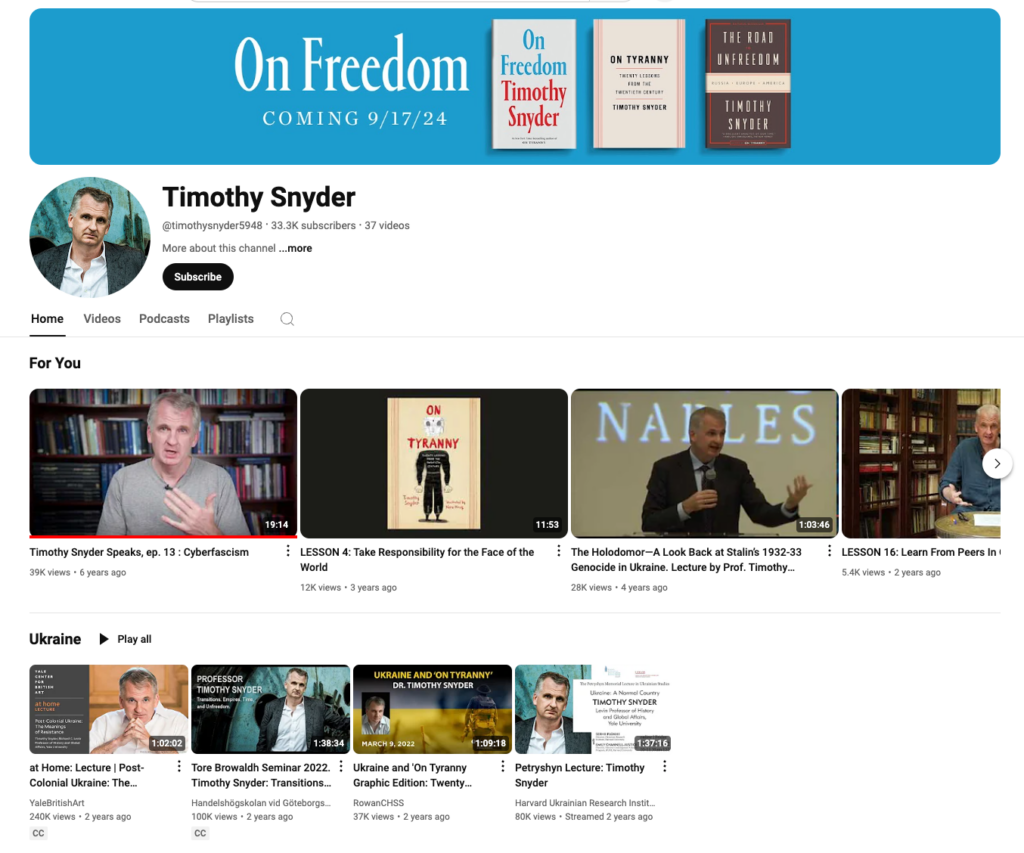
Christian nationalism
Christian Nationalism is more than just a fringe ideology—it’s a growing political force that merges religious fundamentalism with nationalist fervor, aiming to reshape American democracy into a theocratic state. This dangerous movement thrives on historical revisionism and a distorted version of Christian values. The experts listed here have been at the forefront of exposing and analyzing the real-world implications of Christian Nationalism, warning of its impact on policy, governance, and individual rights.
- Tim Alberta — Tim Alberta is a journalist and political reporter, best known for his coverage of the Republican Party and conservative politics in the U.S. He is the author of American Carnage, which delves into the GOP’s transformation and the rise of Donald Trump. (@timalberta)
- Anthea Butler — Anthea Butler is the Geraldine R. Segal Professor in American Social Thought and Chair of Religious Studies at the University of Pennsylvania, specializing in African American and American religion, race, politics, and evangelicalism. She is a prolific author and commentator, known for her work on religion and politics, including her recent book “White Evangelical Racism: The Politics of Morality in America” and her contributions to the 1619 Project (@AntheaButler)
- Robert P. Jones — Robert P. Jones is the president and founder of Public Religion Research Institute (PRRI) and a leading scholar on religion and politics in America. He is a New York Times bestselling author, known for his books on white supremacy and American Christianity, including “The Hidden Roots of White Supremacy and the Path to a Shared American Future” and “White Too Long: The Legacy of White Supremacy in American Christianity” (@robertpjones)
- Kevin Kruse — Kevin M. Kruse is an American historian and professor of history at Princeton University, specializing in the political, social, and urban/suburban history of 20th-century America with a focus on modern conservatism. He has gained significant attention for his Twitter threads providing historical context for current political events and has authored several books, including “White Flight: Atlanta and the Making of Modern Conservatism (@kevinmkruse)
- Sarah Posner — Sarah Posner is a Type Investigations reporting fellow who has spent years reporting on the increasing influence of the evangelical Christian right on mainstream politics. She is known for her in-depth analysis of Christian nationalism and its impact on various aspects of American society, including reproductive rights and LGBTQ issues (@sarahposner)
- Katherine Stewart — Katherine Stewart is a journalist and author focusing on religious extremism and its influence on American politics. Her book The Power Worshippers examines the rise of Christian nationalism and its impact on the country’s political landscape. (@kathsstewart)


Dark Money
Dark money flows through the veins of modern politics, influencing elections, legislation, and public opinion in ways most people never see. These hidden streams of funding empower corporations, billionaires, and interest groups to manipulate the political landscape without accountability. The researchers and journalists below have dedicated themselves to pulling back the curtain on these shadowy networks, offering a clearer picture of how wealth and power are wielded behind closed doors.
- David Farenthold — David Farenthold is a Pulitzer Prize-winning journalist who has covered political corruption and the misuse of funds, particularly in his investigative reporting on Donald Trump’s charitable foundation. He is known for his in-depth investigations and work with The Washington Post and The New York Times. (@Fahrenthold)
- Judd Legum — Judd Legum is a journalist and the founder of Popular Information, a newsletter focused on accountability journalism, corporate influence, and politics. He previously served as the editor-in-chief of ThinkProgress and frequently covers disinformation and media dynamics in U.S. politics. (@JuddLegum)
- Jane Mayer — Jane Mayer is a staff writer for The New Yorker and the author of Dark Money, which explores the influence of wealthy conservative donors on American politics. She is an acclaimed investigative journalist, specializing in political corruption, the Koch network, and the intersection of money and policy. (@JaneMayerNYer)
- Anne Nelson — Anne Nelson is an American journalist, author, playwright, and professor at Columbia University’s School of International and Public Affairs, known for her diverse career spanning war correspondence, award-winning books, and plays. Her work includes “Shadow Network: Media, Money, and the Secret Hub of the Radical Right,” which examines the influence of conservative political groups, and she was inducted into the Oklahoma Journalism Hall of Fame in 2024 for her significant contributions to journalism. (@anelsona)
Disinformation
In an era of digital noise, disinformation is the poison that sows confusion, distrust, and division. From fake news and deepfakes to state-sponsored propaganda, the scale of disinformation campaigns is staggering, threatening not just elections but the very fabric of truth itself. The experts in this field are working to identify, expose, and counter the tactics used to manipulate public perception and undermine democracy.
- Brooke Binkowski — Brooke Binkowski is a professional journalist whose career has taken her across the globe, covering stories in Mexico, Alaska, Europe, North Africa, and South America. She has worked for various news organizations including CNN, NPR, CBS, and the BBC, and currently serves as an interim news anchor at KPBS Public Media (@brooklynmarie)
- Ben Collins — Ben Collins is an American businessman and journalist from Massachusetts who formerly worked as a reporter for NBC News, where he focused on disinformation and extremism. In 2024, he became the CEO of Global Tetrahedron, the media company that owns The Onion (@oneunderscore__)
- Joan Donovan — Joan Donovan is an American social science researcher, sociologist, and academic renowned for her work on disinformation, online extremism, and media manipulation. She is the founder of The Critical Internet Studies Institute and currently serves as an assistant professor at Boston University’s College of Communication, following her tenure as a researcher at Harvard Kennedy School (@BostonJoan)
- Karen Douglas — Karen Douglas is a Professor of Social Psychology at the University of Kent, specializing in the psychology of conspiracy theories. Her research examines why conspiracy theories appeal to people and their consequences for individuals, groups, and society. Douglas has been widely featured in media outlets like Time, The Guardian, and BBC, and is a co-editor of the textbook “Social Psychology” (@Karen_Douglas)
- Kevin Roose — Kevin Roose is an American author, journalist, and technology columnist for The New York Times. He hosts the podcast “Rabbit Hole” and co-hosts “Hard Fork” for the Times. Roose has written three books, including “Futureproof: 9 Rules in the Age of Automation,” and gained attention for his early access to and reporting on Bing’s ChatGPT-based chatbot (@kevinroose)
- Brandy Zadrozny — Brandy Zadrozny is an American investigative journalist and reporter for NBC News, focusing on political radicalization, extremism, and disinformation on the Internet. Before journalism, she worked as a librarian and researcher. Zadrozny has covered topics like QAnon, the Stop the Steal movement, and COVID-19 misinformation (@BrandyZadrozny)
- Rebecca Lewis — Rebecca Lewis is a researcher and PhD candidate at Stanford University, studying online political subcultures and radicalization. Her work has focused on the alternative influence network on YouTube and the spread of far-right ideologies online. Lewis has published influential reports on these topics through the Data & Society Research Institute.
- Alice Marwick — Alice E. Marwick is an Associate Professor in Communication and Principal Researcher at the Center for Information, Technology and Public Life at the University of North Carolina at Chapel Hill. Her research focuses on the intersection of social media, politics, gender, and privacy. Marwick has authored books on social media culture and networked privacy, and has written for publications like the New York Times and The Guardian (@alicetiara)
- Nina Jankowicz — Nina Jankowicz is a disinformation expert and author who has advised governments and organizations on countering information manipulation. She briefly served as executive director of the Department of Homeland Security’s Disinformation Governance Board before it was disbanded. Jankowicz has written two books, “How to Lose the Information War” and “How to Be a Woman Online,” and is a frequent commentator on disinformation-related issues. (@wiczipedia)


Intelligence and National Security
Behind the headlines of political scandals and geopolitical maneuvering lies the world of intelligence and national security—a complex and often hidden battleground where information is power. Understanding how states gather intelligence, conduct espionage, and protect national interests is key to grasping global power dynamics. The experts featured here have deep insight into the covert world of intelligence operations and its implications for global security.
- Frank Figliuzzi — Frank Figliuzzi served as the FBI‘s Assistant Director for Counterintelligence and spent 25 years as a Special Agent, directing all espionage investigations across the U.S. government. He is now a national security contributor for NBC News and MSNBC, as well as the author of “The FBI Way: Inside the Bureau’s Code of Excellence,” leveraging his extensive experience to provide insights on intelligence and national security matters (@FrankFigliuzzi1)
- Carol Leonnig — Carol Leonnig is a Pulitzer Prize-winning investigative journalist for The Washington Post, known for her coverage of government accountability and national security. She has co-authored several books, including “Zero Fail: The Rise and Fall of the Secret Service” and “I Alone Can Fix It: Donald J. Trump’s Catastrophic Final Year,” providing in-depth reporting on the Trump administration and related political events. (@CarolLeonnig)
- Asha Rangappa — Asha Rangappa is a lawyer, former FBI agent, and senior lecturer at Yale University’s Jackson Institute for Global Affairs. She frequently appears as a legal and national security analyst on various news networks, offering insights on counterintelligence, constitutional law, and the intersection of national security and civil liberties. (@AshaRangappa_)
- John Sipher — John Sipher is a former member of the CIA‘s Senior Intelligence Service who worked for the agency’s clandestine service for 28 years. He is now a nonresident senior fellow at the Atlantic Council, co-founder of Spycraft Entertainment, and a frequent contributor to various media outlets on intelligence and national security matters (@john_sipher)
- Sam Vinograd — Samantha Vinograd is a national security expert who has served in various roles within the U.S. government, including as Senior Advisor to the National Security Advisor during the Obama administration. She is currently the Assistant Secretary for Counterterrorism and Threat Prevention at the Department of Homeland Security and provides regular commentary on national security issues. (@sam_vinograd)
- Clint Watts — Clint Watts is a senior fellow at the Center for Cyber and Homeland Security at George Washington University and a Foreign Policy Research Institute fellow. He previously served as an infantry officer in the U.S. Army, an FBI special agent, and has provided expert testimony to Congress on topics including terrorism, Russian interference, and cybersecurity (@selectedwisdom)
- Marcy Wheeler — Marcy Wheeler is an independent journalist and national security expert who runs the blog “emptywheel.” She is known for her in-depth analysis of legal documents related to national security, surveillance, and political scandals. Wheeler’s work has been instrumental in uncovering details about various high-profile investigations, including the Mueller probe and other national security matters. (@emptywheel)
Law, Legal, and SCOTUS
At the intersection of governance and justice lies the law—an evolving field that shapes the boundaries of individual rights, state power, and societal norms. Whether it’s landmark Supreme Court rulings or the legal frameworks used to regulate new technologies, understanding the law is essential to navigating the political and social landscape. The following legal scholars and practitioners have made significant contributions to dissecting the most pressing legal issues of our time.
- George Conway — George Conway is an American lawyer and political activist known for his vocal criticism of former President Donald Trump, despite being the then-husband of Trump advisor Kellyanne Conway (he now helms PsychoPAC, a fundraising arm against a Trump second term). As a partner at the law firm Wachtell, Lipton, Rosen & Katz, he gained prominence for successfully arguing the Supreme Court case Morrison v. National Australia Bank in 2010 and has since become a prominent figure in conservative legal circles, contributing to discussions on the rule of law and constitutional issues. (@gtconway3d)
- Quinta Jurecic — Quinta Jurecic is a fellow in Governance Studies at the Brookings Institution and a senior editor at Lawfare, as well as a contributing writer at The Atlantic. She co-hosts the “Arbiters of Truth” series on the Lawfare Podcast, focusing on misinformation and online information ecosystems, and her work has appeared in prominent publications such as the New York Times and the Washington Post. (@qjurecic)
- Teri Kanefield — Teri Kanefield is an attorney, author, and legal analyst known for her clear explanations of complex legal and political issues. She has written numerous books for children and young adults on historical and legal topics, and regularly contributes analysis on current events, particularly related to constitutional law and democracy, through her blog and social media presence. (@Teri_Kanefield)
- Dahlia Lithwick — Dahlia Lithwick is a Canadian-American lawyer, writer, and journalist who serves as a senior editor at Slate and contributing editor at Newsweek. She is known for her insightful legal commentary, particularly on Supreme Court issues, and hosts the award-winning podcast “Amicus” while also being a regular contributing analyst on MSNBC (@Dahlialithwick)
- Joyce Vance — Joyce Vance is a Distinguished Professor from the Practice of Law at the University of Alabama School of Law and a legal analyst for NBC and MSNBC. She served as the United States Attorney in the Northern District of Alabama from 2009 to 2017, appointed by President Obama, and has focused her work on criminal justice reform, civil rights, and improving police-community relationships (@JoyceWhiteVance)
- Maya Wiley — Maya Wiley is a nationally respected civil rights attorney and activist who has dedicated her life to fighting for justice, equality, and fairness. She has served in various roles, including as counsel to the mayor of New York City, chair of the New York City Civilian Complaint Review Board, and as a faculty member at the New School University, while also working as a legal analyst for NBC News and MSNBC (@mayawiley)
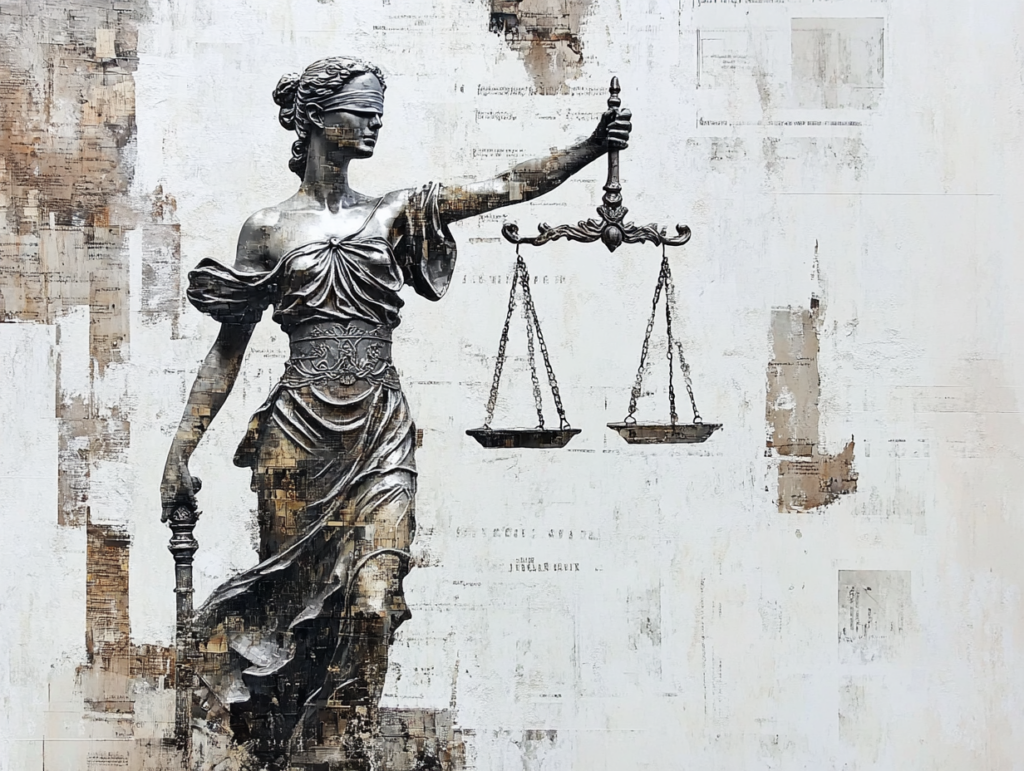
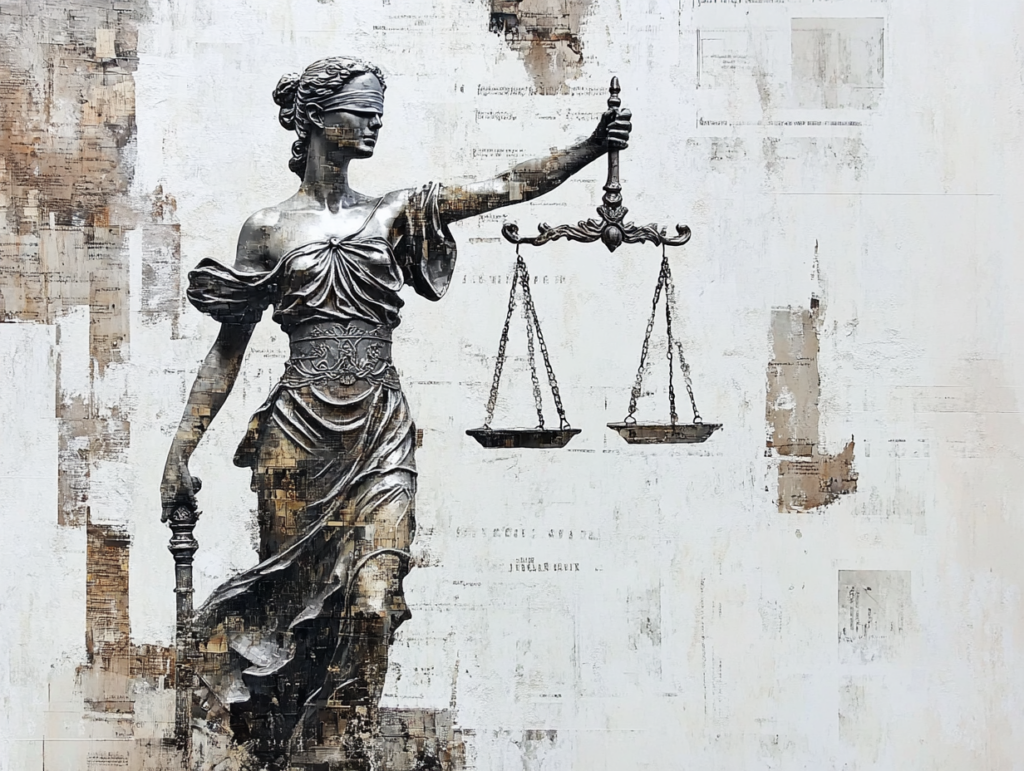
Politics
In an age of hyper-polarization, understanding the intricacies of politics—both domestic and global—is more crucial than ever. Whether it’s electoral strategies, policy debates, or the workings of political institutions, the experts in this field offer invaluable insights into the forces shaping our world. Below is a list of the most astute political analysts, reporters, and scholars whose work illuminates the evolving political landscape.
- Yamiche Alcindor — Yamiche Alcindor is a prominent American journalist and political commentator. She currently serves as the Washington correspondent for NBC News and is a political contributor to NBC News and MSNBC. Previously, she was the White House correspondent for PBS NewsHour and has also worked for The New York Times and USA Today. (@Yamiche)
- Rachel Maddow — Rachel Maddow is a political commentator, author, and television host. She is best known for hosting “The Rachel Maddow Show” on MSNBC, where she provides in-depth analysis of political news. Maddow has written several books, including “Blowout” and “Bag Man,” and is known for her liberal perspective and investigative reporting style. (@maddow)
- Phil Rucker — Philip Rucker is a Pulitzer Prize-winning journalist who serves as the deputy national editor at The Washington Post. He previously worked as the White House Bureau Chief for the Post during the Trump administration. Rucker has co-authored two books about the Trump presidency with his colleague Carol Leonnig: “A Very Stable Genius” and “I Alone Can Fix It.” (@PhilipRucker)
- Jared Yates Sexton — Jared Yates Sexton is an author, political commentator, and associate professor of creative writing at Georgia Southern University. He has written several books, including “The People Are Going to Rise Like the Waters Upon Your Shore” and “American Rule,” focusing on American politics, history, and culture. Sexton is known for his analysis of right-wing extremism and political movements. (@JYSexton)
- A.B. Stoddard — A.B. Stoddard is a political analyst and associate editor and columnist for RealClearPolitics. She regularly appears on various news networks to provide commentary on American politics. Stoddard is known for her non-partisan approach to political analysis and her insights into congressional politics and national elections.
- Nicolle Wallace — Nicolle Wallace is an American television host, author, and former political commentator. She currently hosts MSNBC’s “Deadline: White House” and serves as a political analyst for the network. Wallace previously worked in Republican politics, serving as White House Communications Director during the George W. Bush administration and as a senior advisor for John McCain’s 2008 presidential campaign. (@NicolleDWallace)
Right-Wing History
The resurgence of far-right movements across the globe has deep historical roots, with ideological threads that stretch back to fascism, white supremacy, and nativism. Understanding these origins is key to unpacking the modern political landscape, as many of today’s right-wing movements draw heavily on historical narratives. The scholars below are dedicated to tracing these threads, helping us see the connections between past and present in the evolution of right-wing ideologies.
- Seth Cotlar — Seth Cotlar is a Professor of History at Willamette University, specializing in the history of the United States between the American Revolution and the Civil War. His first book, “Tom Paine’s America: The Rise and Fall of Trans-Atlantic Radicalism in the Early Republic,” won the Best First Book Prize from the Society for Historians of the Early American Republic, and he is currently working on a cultural history of nostalgia in modernizing America from 1776 to 1865 (@sethcotlar)
- John Dean — John Dean is an American former attorney who served as White House Counsel for President Richard Nixon from 1970 to 1973. He became a key figure in the Watergate scandal, eventually testifying against Nixon and other administration officials. Since then, Dean has worked as an investment banker, author, and political commentator, often criticizing Republican administrations. (@JohnWDean)
- Joanne Freeman — Joanne Freeman is a professor of History and American Studies at Yale University, specializing in early American politics and political culture. She has authored several books on the revolutionary and early national periods, including “Affairs of Honor: National Politics in the New Republic” and “The Field of Blood: Violence in Congress and the Road to Civil War.” (@jbf1755)
- Nicole Hemmer — Nicole Hemmer is an associate professor of History at Vanderbilt University and director of the Carolyn T. and Robert M. Rogers Center for the American Presidency. She specializes in media, conservatism, and the presidency, and has authored books such as “Partisans: The Conservative Revolutionaries Who Remade American Politics in the 1990s” and “Messengers of the Right: Conservative Media and the Transformation of American Politics.” (@pastpunditry)
- Heather Cox Richardson — Heather Cox Richardson is an American historian and professor of history at Boston College, known for her expertise in 19th-century American history, particularly the Civil War, Reconstruction, and the American West. She gained widespread recognition for her nightly newsletter “Letters from an American,” which contextualizes current events within American history, and has authored several books including “To Make Men Free: A History of the Republican Party” and “Democracy Awakening: Notes on the State of America” (@HC_Richardson)
- Julian Zelizer — Julian Zelizer is a professor of History and Public Affairs at Princeton University and a CNN Political Analyst. He has authored and edited numerous books on American political history, including “Burning Down the House: Newt Gingrich, the Fall of a Speaker, and the Rise of the New Republican Party” and “The Presidency of Donald J. Trump: A First Historical Assessment.” (@julianzelizer)
Russia and Ukraine
The ongoing conflict between Russia and Ukraine is far more than a regional dispute—it’s a flashpoint in global geopolitics, with ramifications for democracy, security, and international law. Understanding the complex history and political motivations driving this conflict requires deep expertise. The experts listed here provide crucial analysis on everything from Russia’s imperial ambitions to Ukraine’s struggle for sovereignty and the international community’s response.
- Allison Gill — Dr. Allison Gill is a multifaceted talent who transitioned from a federal government executive to a comedian, author, and podcast host. She is best known as the executive producer and host of the popular podcast “Mueller, She Wrote,” which provides in-depth analysis of the Trump-Russia investigation (@muellershewrote)
- Fiona Hill — Dr. Fiona Hill is an acclaimed foreign affairs specialist, author, and former presidential advisor who served on the US National Security Council from 2017 to 2019. Born in County Durham, England, she is now a senior fellow at the Brookings Institution and is widely recognized as an authority on Russian and European geopolitics.
- Gary Kasparov — Garry Kasparov is a former World Chess Champion who held the title from 1985 to 2000 and is widely considered one of the greatest chess players of all time. After retiring from professional chess in 2005, he became a prominent political activist and critic of Vladimir Putin, eventually leaving Russia in 2013 and settling in New York City (@Kasparov63)
- Michael McFaul — Michael McFaul is the Ken Olivier and Angela Nomellini Professor of International Studies at Stanford University and a former U.S. Ambassador to Russia from 2012 to 2014. He has authored several books on democracy and Russian politics, and currently serves as an analyst for NBC News and a contributing columnist to The Washington Post (@McFaul)
- Molly McKew — Molly McKew is an American journalist and strategic consultant specializing in foreign policy and information warfare. She has worked as an adviser to foreign governments, including Georgia and Moldova, and has written extensively on Russian information operations and geopolitics for publications such as WIRED and Politico. (@MollyMcKew)


White Nationalism
White nationalism is not just an extremist ideology—it’s a persistent and growing threat, gaining new life through online platforms, political rhetoric, and violent movements. From Charlottesville to Christchurch, the ideology has fueled domestic terrorism, hate crimes, and political insurgencies. The researchers below have been instrumental in tracking the rise of white nationalism, unpacking its myths, and revealing its insidious presence in mainstream discourse.
- Carol Anderson — Carol Anderson is the Charles Howard Candler Professor of African American Studies at Emory University and a historian known for her work on public policy and how it intersects with race, justice, and equality. She is the author of several acclaimed books, including “White Rage: The Unspoken Truth of Our Racial Divide” and “One Person, No Vote: How Voter Suppression Is Destroying Our Democracy.”
- Kathleen Belew — Kathleen Belew is an associate professor of History at Northwestern University and an expert on the white power movement in the United States. She is the author of “Bring the War Home: The White Power Movement and Paramilitary America” and has testified before Congress on issues related to white nationalism and domestic terrorism. (@kathleen_belew)
- Talia Lavin — Talia Lavin is an American journalist and author known for her investigative work on far-right extremism and white supremacist movements. She wrote the book “Culture Warlords: My Journey Into the Dark Web of White Supremacy” and has contributed to publications such as The New Yorker, The New York Times, and The Washington Post. (@mobydickenergy)
- Cynthia Miller-Idriss — Cynthia Miller-Idriss is a professor of education and sociology at American University, where she leads the Polarization and Extremism Research and Innovation Lab (PERIL). She is an expert on far-right extremism and radicalization, having authored several books on the subject, including “Hate in the Homeland: The New Global Far Right.” (@milleridriss)
- Vegas Tenold — Vegas Tenold is a Norwegian journalist and author who has extensively covered white supremacist and neo-Nazi groups in the United States. His book “Everything You Love Will Burn: Inside the Rebirth of White Nationalism in America” provides an in-depth look at various far-right organizations based on his years of firsthand reporting. (@Vegastenold)
